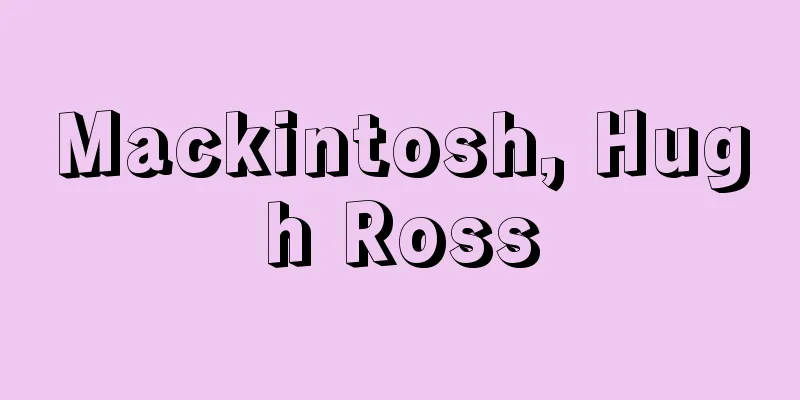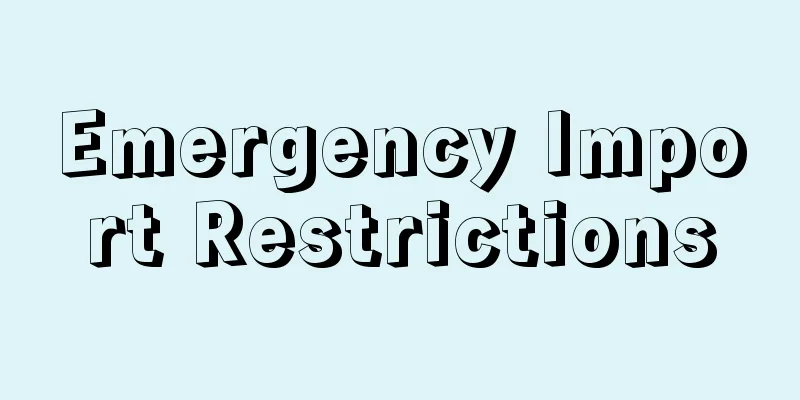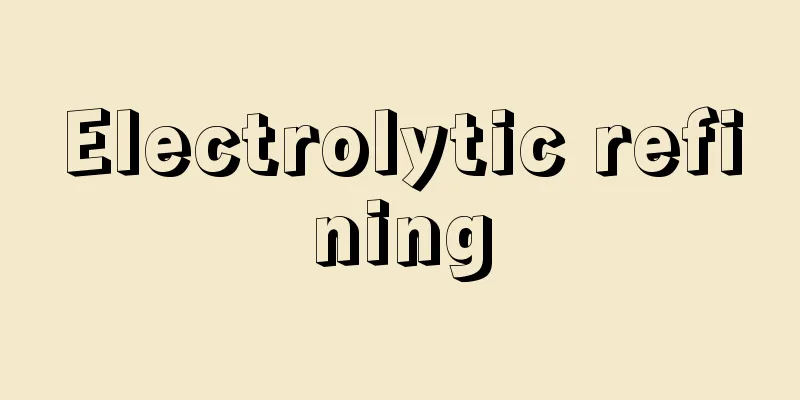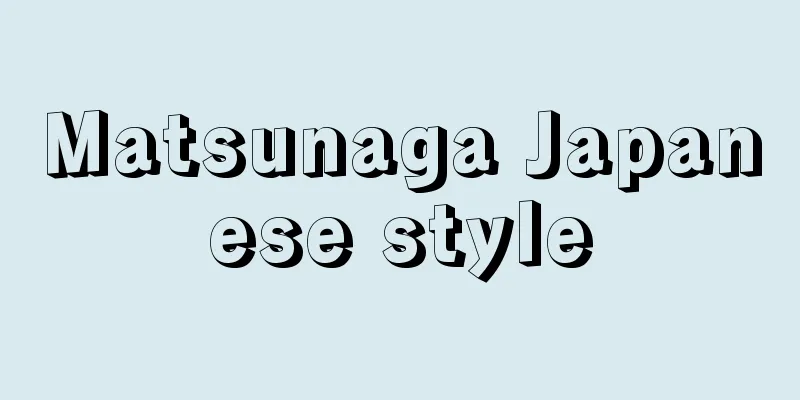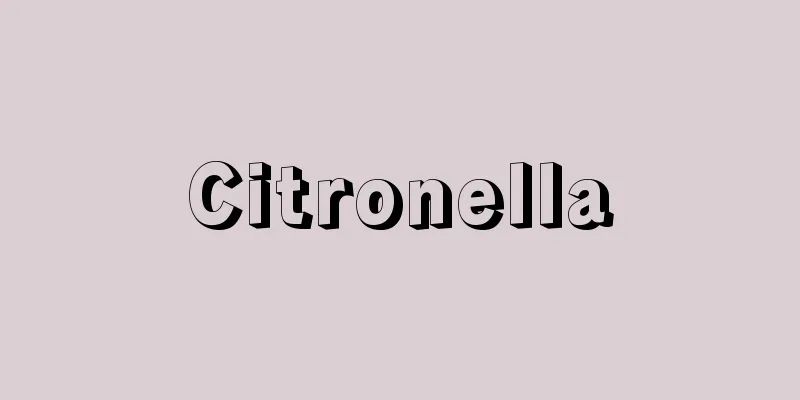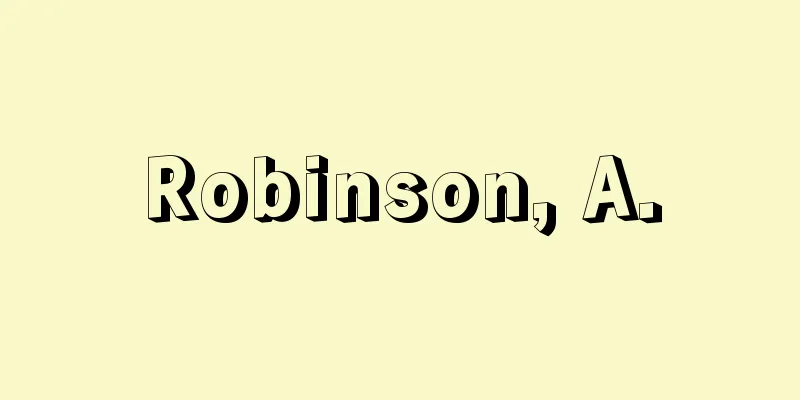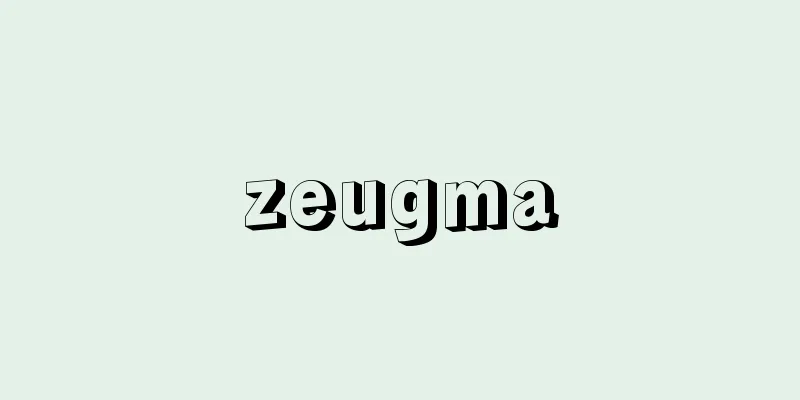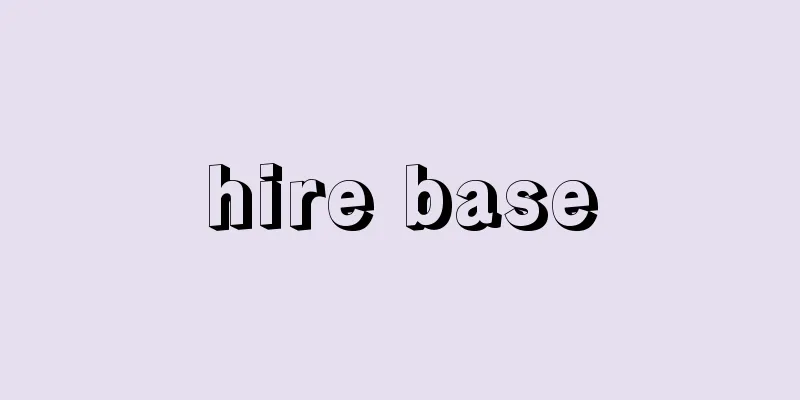Export Trade Control Order
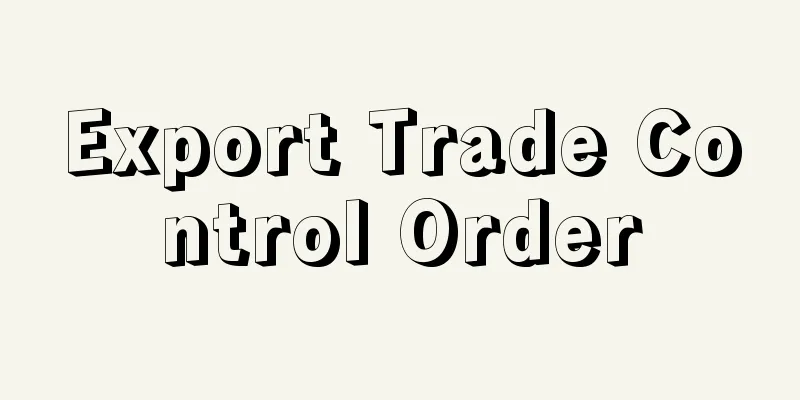
|
It is also called Trade Control Order or Trade Management Order. It is a government ordinance based on the Foreign Exchange and Foreign Trade Law that stipulates export restrictions. It aims to maintain a balanced international balance of payments and to improve the health of Japan's foreign exchange and national economy. It was promulgated in 1949 and revised in 1981. It stipulates the MITI Minister's export approval, export exemptions, customs confirmation, post-export review, validity period of export approval, notification of sanctions for violation of laws and regulations, collection of reports, delegation of authority and duties, etc. This allows the MITI Minister to temporarily restrict or completely stop exports. In recent years, restrictions have become more based on international agreements than on Japan's circumstances. In November 1996, the Wassenaar Convention, a system for controlling arms exports that replaced COCOM (Committee for Export Controls against Communist Bloc countries), came into effect, and the scope of general-purpose products that require export permission was reduced by the revision of the Trade Control Order. In April 1997, following the enforcement of the Chemical Weapons Convention, the Trade Control Order was revised and an industrial inspection system for chemical plants was introduced. Since then, from the perspective of international security, nuclear-related items, nuclear and chemical weapon-related equipment and materials, missile-related equipment, etc. have been designated as export-restricted items. → Related items Trade Control Order Source : Heibonsha Encyclopedia About MyPedia Information |
|
略して貿管令,単に貿易管理令とも。〈外国為替及び外国貿易法〉にもとづく,輸出の規制を定めた政令。日本の国際収支の均衡維持と外国為替および国民経済の健全化を図る。1949年に公布され,1981年に改正。 通産大臣の輸出承認,輸出特例,税関の確認,輸出の事後審査,輸出承認の有効期間,法令の違反に対する制裁の通知,報告の徴収,権限および事務の委任などについて定めている。これにより通産大臣は輸出に一時的に制限を加えたり,完全にストップすることができる。 近年では,日本側の事情よりも国際取決めによる規制が多くなっている。1996年11月COCOM(対共産圏輸出統制委員会)に代わる武器輸出の管理体制である〈ワッセナー協約〉が発効,貿管令改正で輸出許可が必要な汎用品の範囲が縮小された。1997年4月,〈化学兵器禁止条約〉の発動を受けて貿管令が改正され,化学工場への産業検証制度が導入。その後も国際的な安全保障上の観点からとして,原子力関連,核兵器・化学兵器関連資機材,ミサイル関連機材などが輸出制限品目に定められている。 →関連項目貿易管理令 出典 株式会社平凡社百科事典マイペディアについて 情報 |
<<: Export insurance - export insurance
>>: Import and Export Transactions Law
Recommend
Nobuna Kada
…In April 1802, Mabuchi gave a lecture on the Hya...
Optical lever - Hikari-teko (English spelling) optical lever
A device used to measure small angles. As shown in...
Clam (Hamaguri) - Clam
A bivalve mollusc of the Veneridae family. Height ...
Parental authority -
A general term for the various rights and obligat...
Bunen Eika - Bunen Eiga
A collection of poems ordered by Emperor Taizong ...
Pharaoh (English spelling)
A title given to the king of ancient Egypt. It is ...
Selenium dioxide - Nisanka selenium
The chemical formula is SeO2 . It is produced by d...
Golden Snake
…In 1934, he was expelled from the country due to...
Abudefduf sordidus (English spelling) Abudefduf sordidus
… [Makoto Shimizu]. . … *Some of the terminology ...
Battle of Kanie
…In April, Tsuneoki and his son attempted a surpr...
Harald I
?‐931? The first king of Norway to unify the count...
Pelvic presentation
In the longitudinal position, in which the long a...
Vortex line
...Free vortex sheets are generally unstable and ...
Usuyukisou - Usuyukisou
A perennial plant of the Asteraceae family (APG c...
Asakura Tougo - Asakura Tougo
...Behind this lies the belief in the spirit of t...
